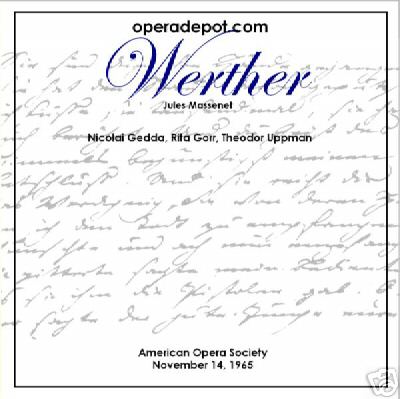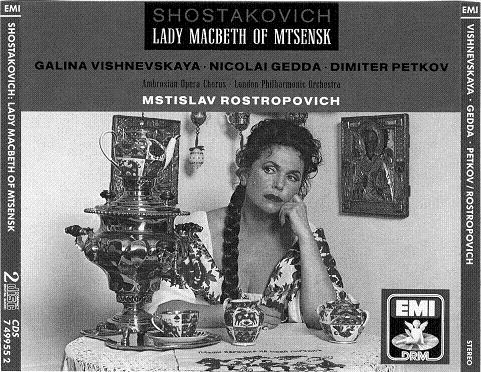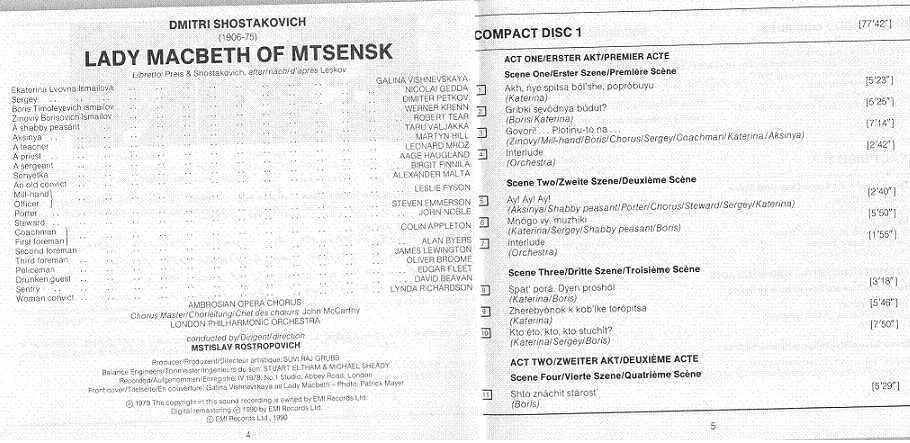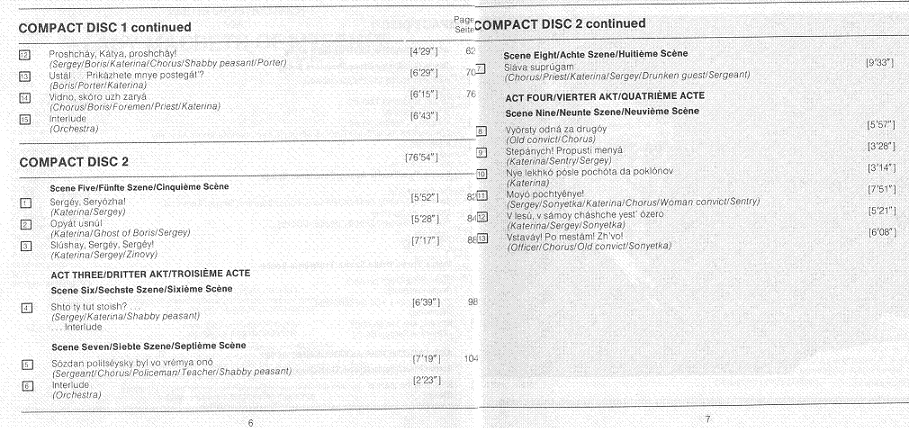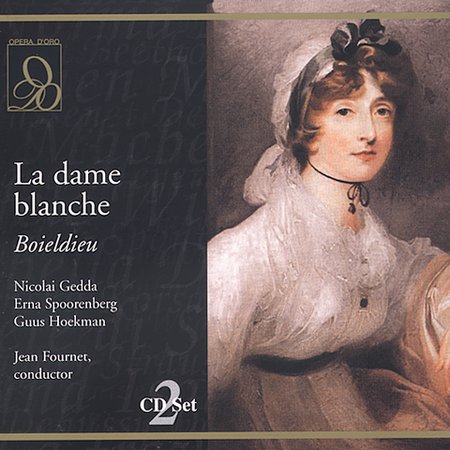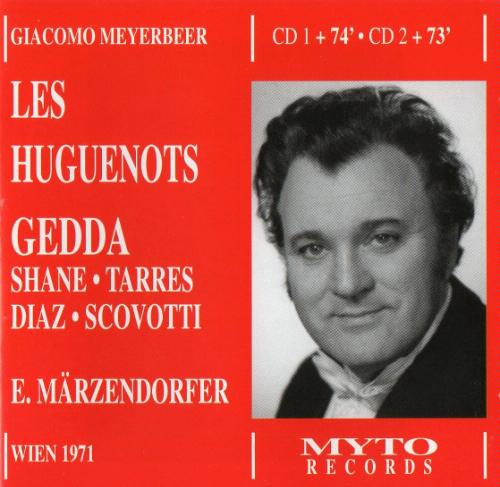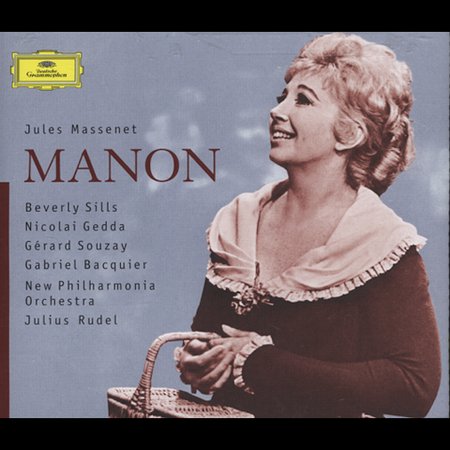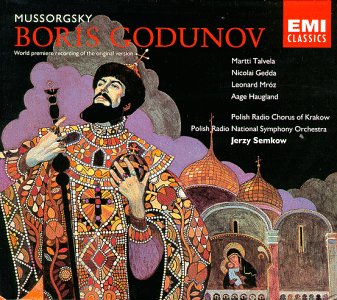28) Georges Bizet Carmen - recording from 1959
Mood:
 on fire
Topic: 028) Carmen 1959
on fire
Topic: 028) Carmen 1959
Magic on all fronts is this excellent-value reissue, where Beecham’s sensuous way with the orchestra is well matched by the soloists.
As Richard Osborne points out in his brilliant, informative note, this classic Beecham set was originally welcomed in Gramophone with a glowing review from Philip Hope Wallace: ‘I send up a loud “Ole”.’ It certainly stands the test of time, sparkling, swaggering and seducing in a way that is uniquely Beecham’s. It now comes in the EMI Great Recordings of the Century series, with brightened, freshened and clarified sound. As RO points out, there were serious problems at the sessions – a second series was organised 15 months after the first (hence the two Mercedes) – but you would never realise there had been difficulties, either from the performance or the firmly focused, spacious recording in which the atmospheric off-stage effects are vividly caught.
What is so individual is the way that Beecham points rhythms to captivate the ear, as well as his persuasive moulding of phrases. I think, for example, of the sensuous way he coaxes the string phrase leading into the second half of the Don Jose/Micaela duet in Act 2, ‘Parle-moi de ma mere!’ (disc 1, track 9, 3'47''). In those qualities Beecham is delectably matched by Victoria de los Angeles in the title-role.
Richard Osborne reveals that Beecham’s original choice of heroine was the Swedish mezzo Kerstin Meyer. After all, de los Angeles – Mimi in Beecham’s Boheme recording – is hardly an obvious candidate for such a fire-eating role. But as RO points out, there is far more to Carmen than is conveyed in that conventional approach, and de los Angeles instantly establishes her as a seductive, provocative character with wickedly sparkling eyes. In her opening solo, the Habanera, her delicious downward portamento on ‘Je t’aime’ is irresistible.
The Carmen quality which de los Angeles does not have in her regular armoury, though, is a snarl. Instead she consistently uses her golden tone to tantalise and provoke, as in the magically sultry moment leading into ‘La-bas dans la montagne’ in her Act 2 duet with Jose just after the Flower song (disc 2, track 13). At that point Beecham, too, subtly pressing the music forward, is a fellow magician. Then at the very end, in Act 4, de los Angeles does finally muster a snarl in the culminating phrase ‘laisse-moi passer’ (‘Well stab me then, or let me pass’).
In a way, Nicolai Gedda’s portrait of Don Jose is just as remarkable. He was at his peak, and sings not just with refinement and imagination but with deep passion, leading one on in the widest expressive range in the Flower song. Janine Micheau makes a bright, clear Micaela, very French in tone, and Ernst Blanc, if not the most characterful Escamillo, makes the bullfighter a forthright, heroic character, singing throughout with firm, clear tone. The rest of the cast, all French, make an excellent team, as is clear in ensembles: the sparkling account of the Act 2 Quintet or the opening of the Card scene, or the swaggering march ensemble as the smugglers depart in Act 3 (disc 3, track 6). A magic set now made all the more enticing in this mid-price reissue.
-- Edward Greenfield, Gramophone [10/2000]
Recorded in Paris, September 1959
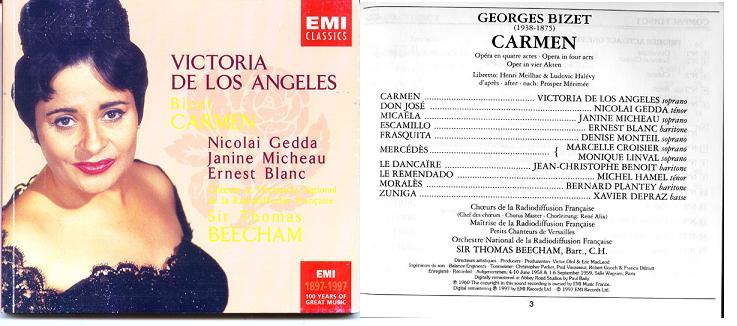
LINK DOWNLOAD

